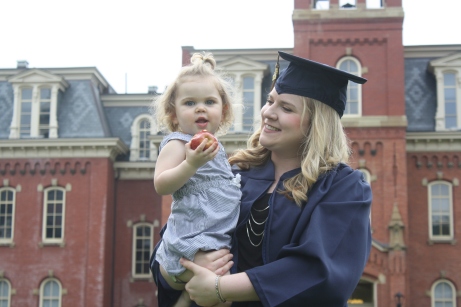By Connor Schlegel

Two local government organizations recently came together in the hopes of a collaborative effort to revitalize the Monongahela Riverfront.
On Wednesday, October 12th, the Monongalia County Commission held their weekly meeting to discuss various topics. One item on the agenda was the approval of an intergovernmental agreement between the County Commission and the Board of Parks and Recreation Commissioners.
These two organizations will collaborate with West Virginia University in the hopes of increasing activity along the waterfront, which in turn, will help increase commerce.
County Commission President Eldon Callen says that this is a “key step” in the city’s plan to rejuvenate the waterfront and Commissioner Callen is hopeful for continued revitalization along the river.
“Its an additional opportunity to have another group of people join in that vision of what we should be doing with our most valuable natural resource, the Monongahela River,” Callen said.
Callen hopes that in years to come, the city will be able to plan several commerce-increasing initiatives like a gondola to take visitors from the Star City Waterfront the Monogalia County Ballpark, a walking bridge to take residents from Westover to the rail-trail, and a water taxi that would take travelers up and down the Monongahela.
However, the first initiative planned by BOPARC and the Commission will require working with WVU. BOPARC Executive Director Melissa Burch said her office would like to work with WVU’s College of Creative Arts to hold cultural events at Hazel Ruby McQuain Park, located in downtown Morgantown. While there are no plans in place yet, the outdoor amphitheater at Ruby McQuain Park is likely to be used.
“I think that Shakespeare in the park has been thrown around a little bit, that would be pretty exciting. But really we want [the CAC] to come to us and have some input as well.”
Burch says the riverside park has been underutilized recently due to underfunding, but that this collaboration with the County Commission will help to change that.
“It’s programming [based] and hopefully there will be some revenue sharing or cost sharing involved,” Burch said.
BOPARC typically plans their summer event schedule in the November and December months prior to that year. Burch says that the coming months will be important in scheduling those events for the summer of 2017.
“The first thing that we need to do is have our first meeting. So there will be a representative from BOPARC, from WVU, and from the County Commission. We’ll get together, talk about the calendar and what we have in place so far for this coming summer,” Burch said.



